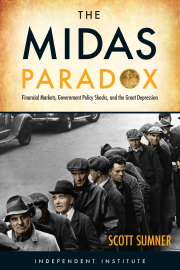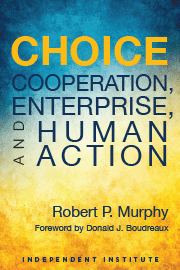The House Committee on Oversight and Accountability recently hosted Food and Drug Administration Commissioner Robert Califf in a hearing to discuss the agency’s recent blemishes. The Committee’s website stated that “under the Biden Administration, the FDA has stumbled from crisis to crisis.”
The story of where the Oakland Athletics baseball team will play after they leave the Oakland Coliseum this season has taken some surprising turns.
This November, Floridians will vote on an amendment that would allow citizens over 21 years old to use and possess marijuana for recreational reasons. Early polls indicate bi-partisan support. However, whether the amendment builds enough support to reach the 60 percent approval threshold in the next seven months is anyone’s guess.
Once upon a time—in 2010 to be exact—in the land of D.C., the great and powerful Obama proposed a new law called “Obamacare.” Now, in those long-ago days, despite U. S. debt totaling $13 trillion, most Americans still held the superstitious notion that new federal legislation must include the means to pay for it. Accordingly, the emperor’s courtiers came up with a noble solution: “Eureka! We will take over the federal student loan program, capturing its billions of dollars in profits to cover the cost of Obamacare!”
April 17, 2024 marked eight years since my mother, Victoria Billingsley, departed this life at the age of 94. It was also the same day she received a letter from Hôtel-Dieu Grace Healthcare about “the recent cyber incident” affecting local hospitals in the Southwest Ontario region.
FTC Chairwoman Lina Khan should read Shuhart’s article but don’t hold your breath. Apparently, she doesn’t know the sordid history of FTC’s anti-antitrust enforcement. Would you expect Samsung to have been pressing Khan to take on its Apple case? I’d bet on it.
The U.S. government borrows an average of $10 billion daily, which means the national debt increases by $1 trillion every 100 days. It is no secret that paying interest on the national debt has become the fastest-growing category of government spending during President Biden’s tenure. That’s the inevitable outcome of combining an oversized national debt with excessive spending and rising interest rates.
On April 5, the government of Ecuador made the controversial decision to raid the embassy of Mexico in Quito to arrest former Vice President Jorge Glas just hours after Mexico had granted him political asylum. Glas, who was twice convicted on bribery and corruption charges and spent five years in prison, is under investigation once again, this time for the alleged mismanagement of reconstruction funds in the aftermath of an earthquake.
Spending more doesn’t always get you more and that includes money going towards combatting America’s ongoing opioid crisis. But don’t tell that to the Biden Administration.
If approved by the US Postal Rate Commission, the price of a first-class stamp will go up by five cents in July. It would be the fourth stamp price increase since January 2023.




























